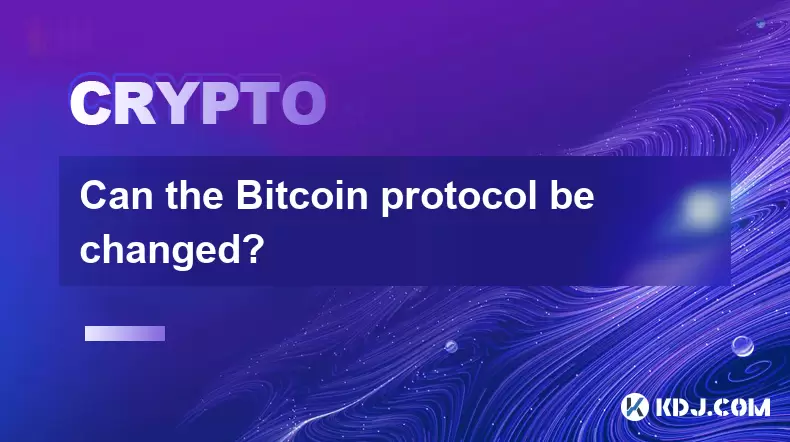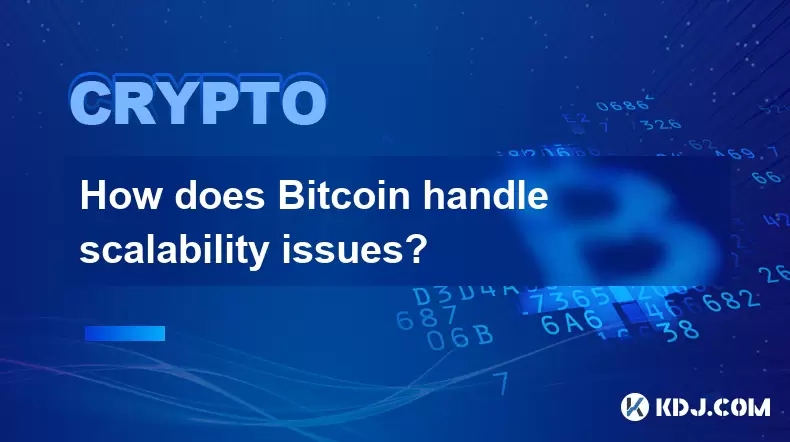-
 Bitcoin
Bitcoin $117500
2.15% -
 Ethereum
Ethereum $3911
6.19% -
 XRP
XRP $3.316
10.79% -
 Tether USDt
Tether USDt $1.000
0.01% -
 BNB
BNB $787.2
2.24% -
 Solana
Solana $175.2
4.15% -
 USDC
USDC $0.9999
0.00% -
 Dogecoin
Dogecoin $0.2225
8.40% -
 TRON
TRON $0.3383
0.28% -
 Cardano
Cardano $0.7868
6.02% -
 Stellar
Stellar $0.4382
9.34% -
 Hyperliquid
Hyperliquid $40.92
7.56% -
 Sui
Sui $3.764
7.63% -
 Chainlink
Chainlink $18.48
10.66% -
 Bitcoin Cash
Bitcoin Cash $582.1
1.88% -
 Hedera
Hedera $0.2601
6.30% -
 Avalanche
Avalanche $23.33
4.94% -
 Ethena USDe
Ethena USDe $1.001
0.02% -
 Litecoin
Litecoin $122.3
2.04% -
 UNUS SED LEO
UNUS SED LEO $8.969
-0.27% -
 Toncoin
Toncoin $3.339
0.86% -
 Shiba Inu
Shiba Inu $0.00001287
4.30% -
 Uniswap
Uniswap $10.43
7.38% -
 Polkadot
Polkadot $3.861
5.08% -
 Dai
Dai $1.000
0.02% -
 Bitget Token
Bitget Token $4.513
3.41% -
 Monero
Monero $267.7
-6.18% -
 Cronos
Cronos $0.1499
4.14% -
 Pepe
Pepe $0.00001110
5.15% -
 Aave
Aave $284.9
8.28%
Analysis of Bitcoin's future prospects and price trends
Despite short-term uncertainty, long-term analysts remain optimistic about Bitcoin's potential growth, citing increasing institutional adoption, limited supply, and its role as a potential safe haven asset.
Oct 08, 2024 at 08:00 am

- Analysis of Bitcoin's Future Prospects and Price Trends
1.1. Bullish Outlook:
- Growing institutional adoption: Major companies such as Tesla, MasterCard, and PayPal are incorporating Bitcoin into their platforms, boosting its legitimacy and accessibility.
- Limited supply: Bitcoin's supply is capped at 21 million coins, creating scarcity and potential for price appreciation.
- Safe haven asset: During times of economic uncertainty, Bitcoin is often perceived as a store of value, similar to gold.
1.2. Bearish Outlook:
- Regulatory uncertainties: Governments and financial institutions are still exploring regulations surrounding cryptocurrencies, which could impact Bitcoin's stability.
- Volatility: Bitcoin's price is highly volatile, making it difficult to predict its future movements.
- Security risks: Cryptocurrency exchanges and wallets can be vulnerable to hacks and theft, raising concerns about the security of Bitcoin investments.
- Price Trends Analysis:
2.1. Historical Performance:
- Since its launch in 2009, Bitcoin has experienced significant price fluctuations, with periods of rapid growth followed by corrections.
- In December 2017, Bitcoin reached an all-time high of over $19,000, followed by a sharp price correction.
- In recent years, Bitcoin's price has been relatively stable, oscillating within a range of $10,000 to $40,000.
2.2. Factors Influencing Price:
- Supply and demand dynamics: Bitcoin's price is driven by the interplay between supply and demand, influenced by factors such as institutional interest, retail adoption, and regulatory changes.
- Global economic conditions: Macroeconomic conditions, such as inflation, interest rates, and geopolitical events, can impact Bitcoin's attractiveness as an investment asset.
- Technological advancements: The development of new blockchain technologies and applications could drive Bitcoin's long-term value proposition.
Future Price Predictions:
- Short-term: Market analysts have varying opinions on Bitcoin's short-term price trajectory, ranging from cautious optimism to bearish expectations.
- Medium-term: Many experts believe that Bitcoin's price will continue to rise in the medium term, driven by factors such as institutional adoption and a growing number of crypto traders.
- Long-term: Bitcoin's long-term prospects are less certain, but many believe that it has the potential to become a major asset class in the future, potentially reaching prices of hundreds of thousands of dollars.
- Conclusion:
Bitcoin's future prospects and price trends are subject to a complex interplay of factors, both bullish and bearish. While short-term price movements are difficult to predict, long-term analysts are generally optimistic about Bitcoin's potential as an investment asset. Its limited supply, growing institutional adoption, and potential role as a safe haven asset during times of economic uncertainty provide a foundation for its future growth. However, regulatory uncertainties, volatility, and security risks remain factors that could impact its performance.
Disclaimer:info@kdj.com
The information provided is not trading advice. kdj.com does not assume any responsibility for any investments made based on the information provided in this article. Cryptocurrencies are highly volatile and it is highly recommended that you invest with caution after thorough research!
If you believe that the content used on this website infringes your copyright, please contact us immediately (info@kdj.com) and we will delete it promptly.
- Tron's Sell-Off Spurs Altcoin Shift: What's Next for TRX?
- 2025-08-08 08:30:12
- RUVI Presale: Is the Growth Potential Real?
- 2025-08-08 09:10:12
- Sleep Token's US Takeover: Thornhill Rides the 'Even In Arcadia' Wave
- 2025-08-08 08:30:12
- FTT Token's Wild Ride: Creditor Repayments vs. Market Drop - A New Yorker's Take
- 2025-08-08 07:10:12
- Floki Crypto Price Prediction: Riding the Robinhood Rocket or Just a Meme?
- 2025-08-08 07:15:12
- EigenLayer, Restaking, and Ethereum: Navigating the Hype and the Hazards
- 2025-08-08 06:30:12
Related knowledge

Can the Bitcoin protocol be changed?
Aug 07,2025 at 01:16pm
Understanding the Bitcoin ProtocolThe Bitcoin protocol is the foundational set of rules that govern how the Bitcoin network operates. It defines every...

How are Bitcoin transactions verified?
Aug 08,2025 at 06:57am
Understanding Bitcoin Transaction VerificationBitcoin transactions are verified through a decentralized network of nodes and miners that ensure the le...

How does decentralization make Bitcoin secure?
Aug 08,2025 at 09:35am
Understanding Decentralization in BitcoinDecentralization is a foundational principle of Bitcoin's architecture and plays a critical role in its secur...

What are some common misconceptions about Bitcoin?
Aug 07,2025 at 07:22pm
Bitcoin is Just Like Regular MoneyA widespread misconception is that Bitcoin functions identically to traditional fiat currencies like the US dollar o...

Is Bitcoin a solution for inflation?
Aug 08,2025 at 04:57am
Understanding Inflation and Its Impact on Traditional CurrenciesInflation refers to the sustained increase in the price of goods and services over tim...

How does Bitcoin handle scalability issues?
Aug 07,2025 at 10:54am
Understanding Bitcoin’s Scalability ChallengeBitcoin’s design prioritizes decentralization, security, and immutability, but these principles come with...

Can the Bitcoin protocol be changed?
Aug 07,2025 at 01:16pm
Understanding the Bitcoin ProtocolThe Bitcoin protocol is the foundational set of rules that govern how the Bitcoin network operates. It defines every...

How are Bitcoin transactions verified?
Aug 08,2025 at 06:57am
Understanding Bitcoin Transaction VerificationBitcoin transactions are verified through a decentralized network of nodes and miners that ensure the le...

How does decentralization make Bitcoin secure?
Aug 08,2025 at 09:35am
Understanding Decentralization in BitcoinDecentralization is a foundational principle of Bitcoin's architecture and plays a critical role in its secur...

What are some common misconceptions about Bitcoin?
Aug 07,2025 at 07:22pm
Bitcoin is Just Like Regular MoneyA widespread misconception is that Bitcoin functions identically to traditional fiat currencies like the US dollar o...

Is Bitcoin a solution for inflation?
Aug 08,2025 at 04:57am
Understanding Inflation and Its Impact on Traditional CurrenciesInflation refers to the sustained increase in the price of goods and services over tim...

How does Bitcoin handle scalability issues?
Aug 07,2025 at 10:54am
Understanding Bitcoin’s Scalability ChallengeBitcoin’s design prioritizes decentralization, security, and immutability, but these principles come with...
See all articles

























































































